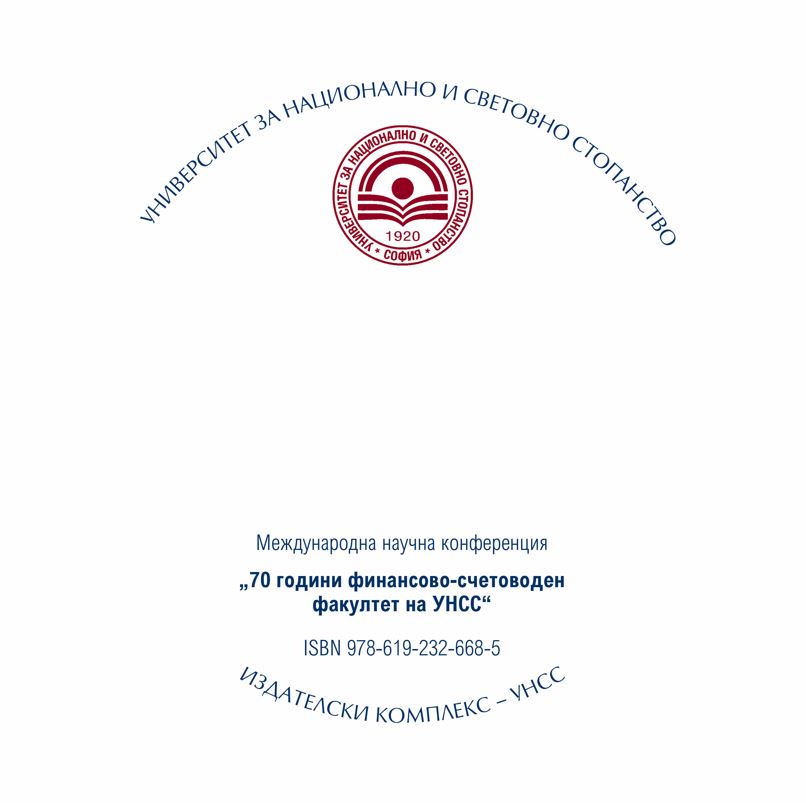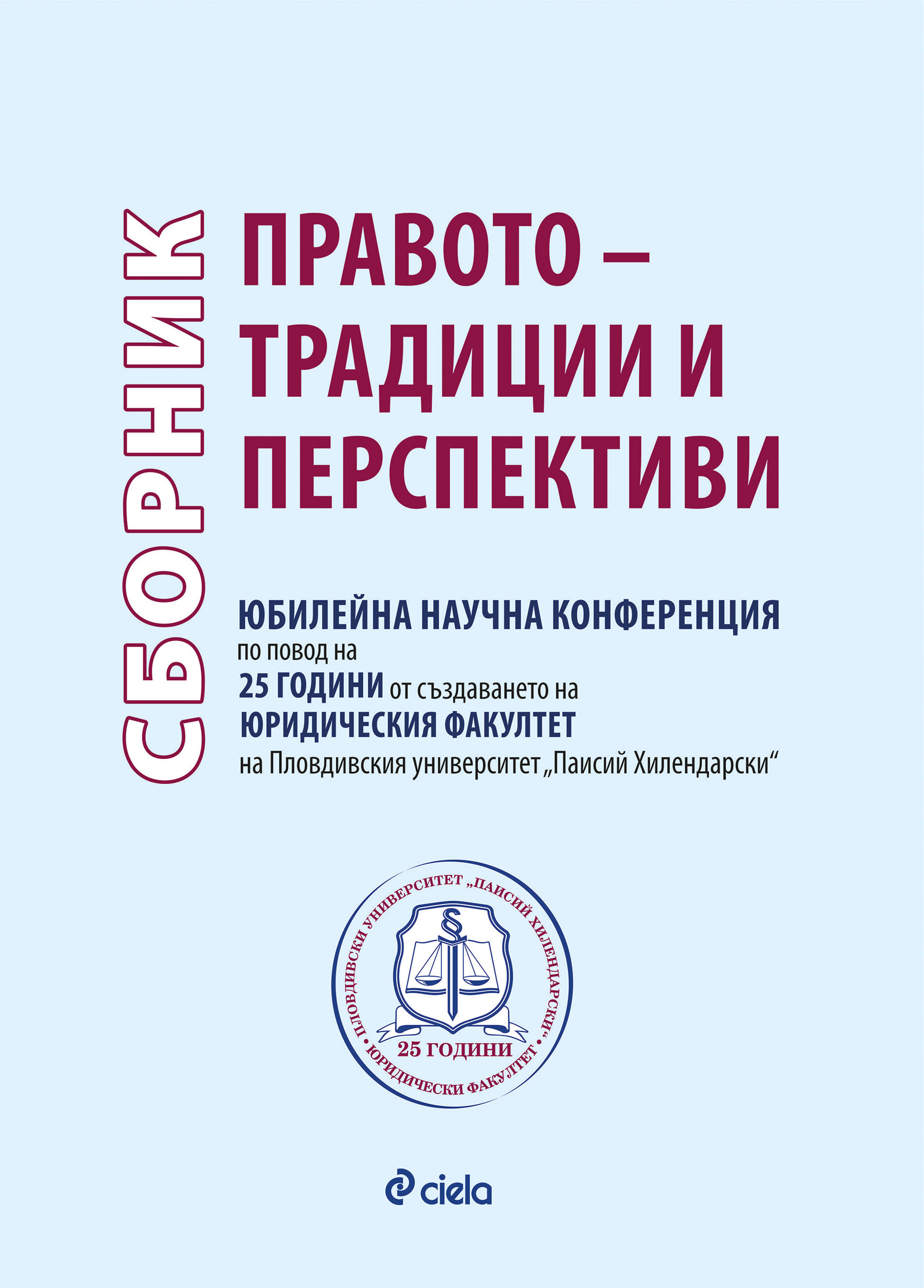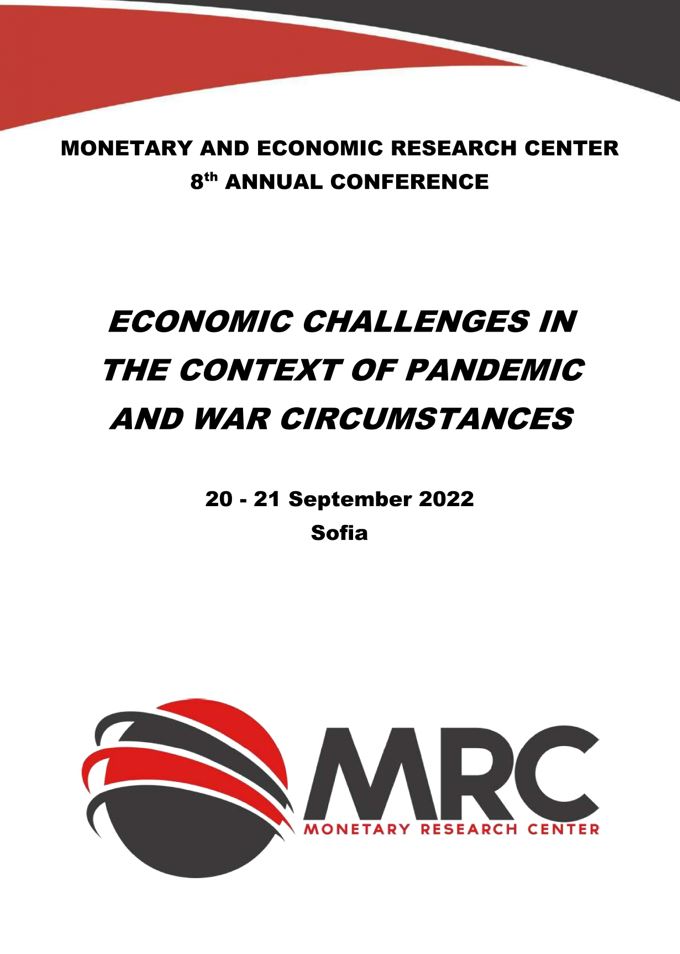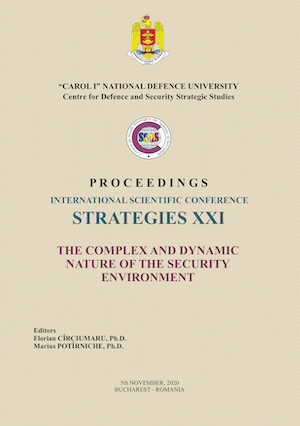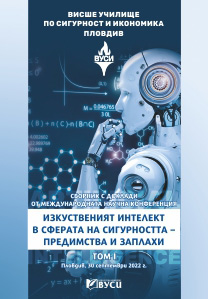
Artificial intelligence, its application and development prospects in the context of state security
Security was, is and will be one of the basic human needs. The state is naturally predestined to satisfy it. Various authorities and its structures perform a number of functions and tasks in the area of security, while increasingly using ICT and artificial intelligence (hereinafter referred to as AI for short). Today, we observe the process of the constant expansion of the list of countries using AI in order to ensure the state of security, although depending on the system in force in them, its intensity and depth of interference in the sphere of rights and freedoms of an individual are different. The purpose of this article is to define what is AI, which is applicable in the area of state security, and to indicate the prospects for the development of AI. The historical method was used as the leading one in the research process, supported by the comparative method and the dogmatic method. The development of AI in the field of security is inevitable. There is a danger of the uncontrolled development of AI and its alienation. AI will be transferred into space, enabling man to exploit it economically. It is necessary to take steps to enact legal regulations, including international ones, which will cover the methods and scope of AI use in the sphere of both military and non-military security.
More...
